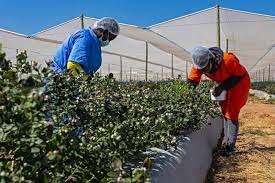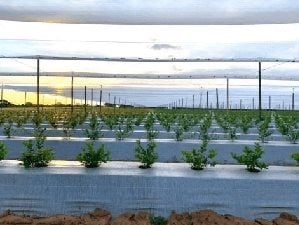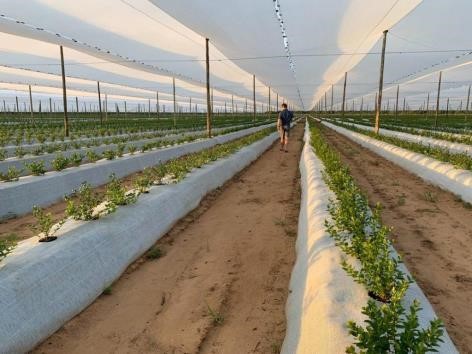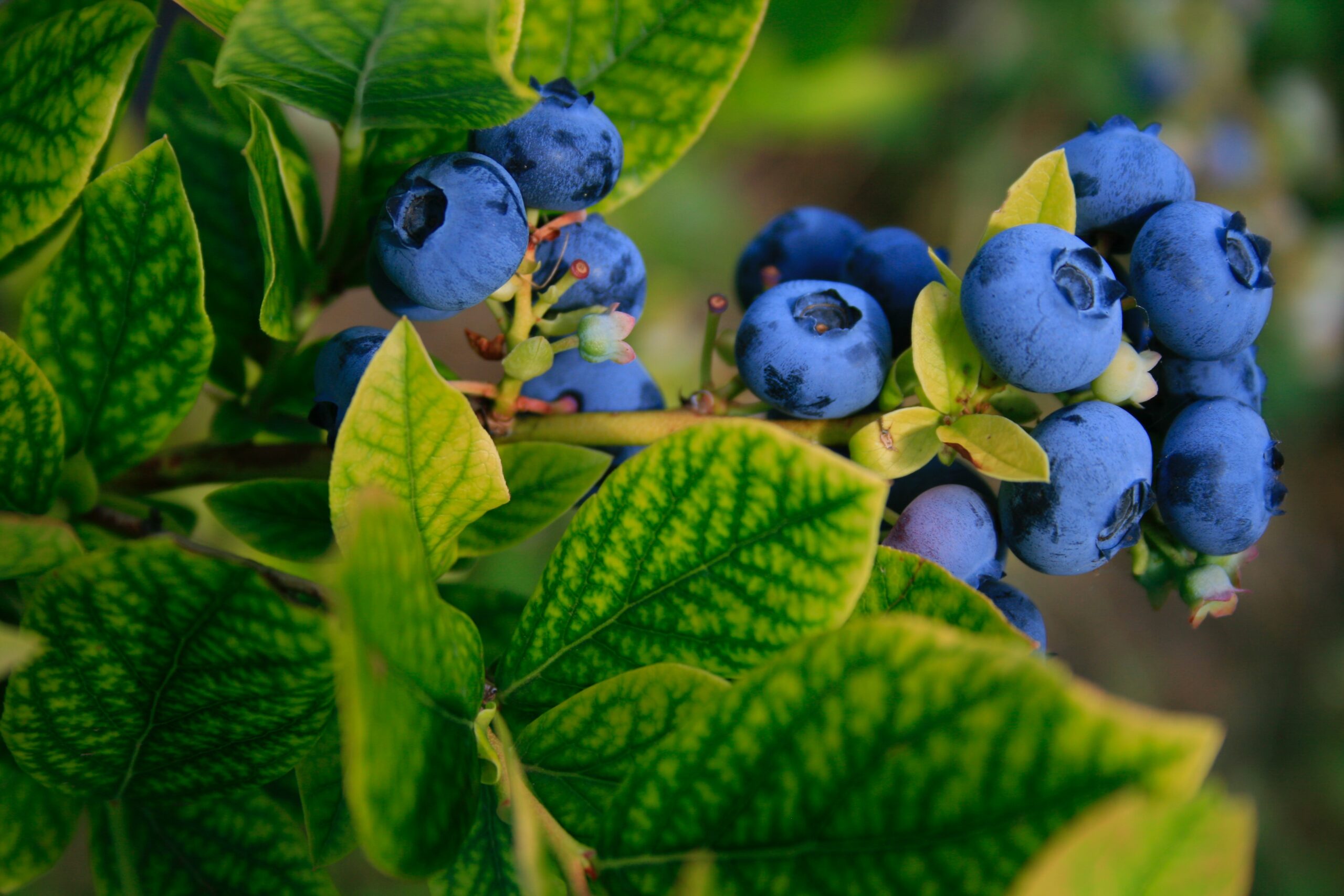Namibia Berries, a subsidiary of the South African venture capital company Loxworth Capital, plans to invest 1.5 billion Namibian dollars (US$80.2 million) over the next 7 years in the production of blueberries.
The Namibia Investment Promotion Development Board (NIPDB) reports this project includes the development of a 250-hectare farm based in Divundu in the Kavango East region, which will mainly focus on exports.
Investment and Job Creation

The investment in the farm, which will employ nearly 800 people and also create 7000 jobs during the harvest seasons, will be provided by two large Spanish agri-food companies, namely Puliberries SL and Agricola SL. Namibia Berries expects to export its first harvest in September 2024.
“This partnership, which also involves other European investors, aims to expand development and diversify production to include blackberries, as well as additional established sales channels,” said a spokesperson from Loxworth Capital on the project.
Pioneering Blueberry Farming in Namibia
The first-ever commercial harvest of blueberries in Namibia commenced on the banks of the Okavango River between Mashare and Mupapama villages in Kavango East, northern Namibia in 2020.
The 20-ha project was considered a forerunner for other high-value crops that could be produced under irrigation in the semi-arid country, according to Willem Mostert, manager of the company in charge of the irrigation and fertigation management system for the project.
Meanwhile, Knigstein Capital, through its investment vehicle Spitz Capital, is currently growing blueberries at Mashare Green Scheme. So far, the company has invested over N$100 million and is planning to increase its investment to over N$1 billion in the next 10 years.
Growth of Blueberry Production in Southern Africa

The Bureau for Food and Agricultural Policy (BFAP) reports there has a strong production growth in recent years in Southern African countries such as Zimbabwe, Zambia, and most recently in Namibia.
These countries have the advantage of harvesting fruit early and entering the European markets before South Africa’s ability to supply and when market prices are generally higher. It is expected that this growth will continue in conjunction with expansion in other African countries in the next few years.
Health Benefits and Quality of Blueberries
Blueberries are enriched with many phytochemicals, including phenolic compounds. This fruit is considered a “superfood” as its bioactive compounds have many health benefits, including antioxidant, anti-inflammatory, and vasoprotective effects.
These nutritional and health benefits make blueberries a high-demanding fruit globally. High sugar content and high acidity are essential for good-tasting blueberries.

Blueberries with a soluble solid content and titratable acid (SSC/TA) ratio of 10 – 33 and a pH of 2.2 – 4.2 are considered good commercial quality. The SSC/TA ratio is an indicator of the fruit maturity index. Source: Knigstein Capital
During 2020, the global supply of blueberries stood at 1.4 million tons; from around 200,000 hectares planted across the world. With this, the International Blueberry Organisation (IBO) projects that world production will increase by 12.6% by 2024.

